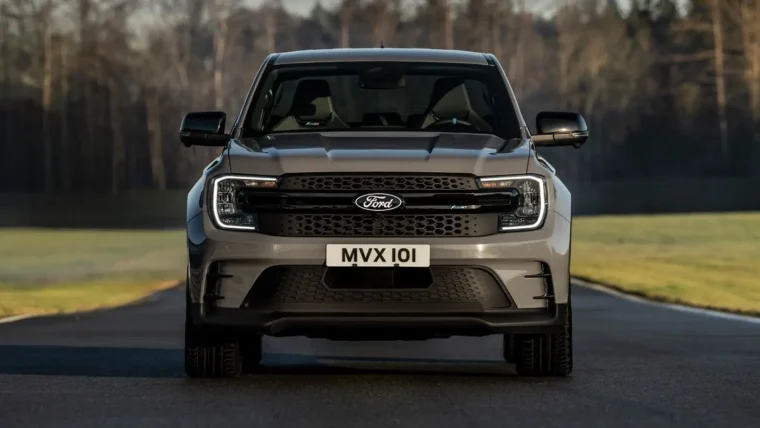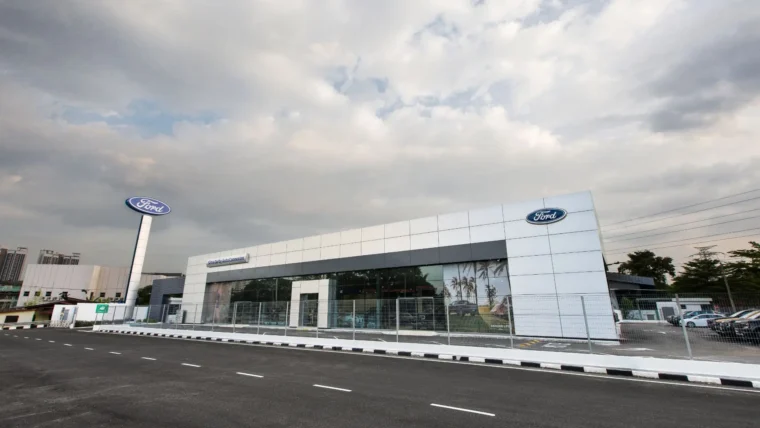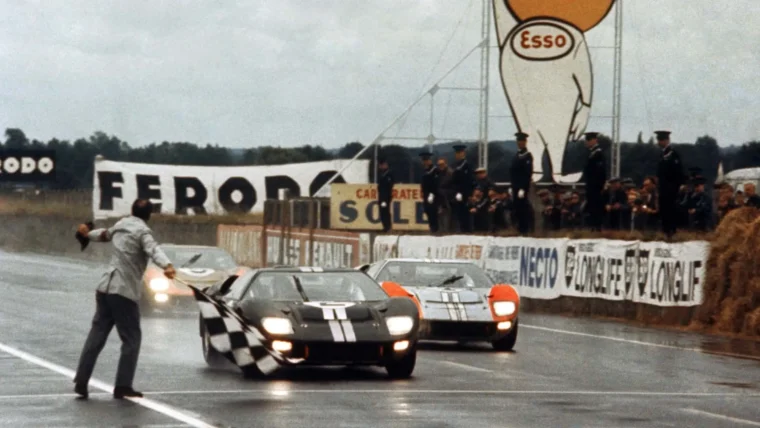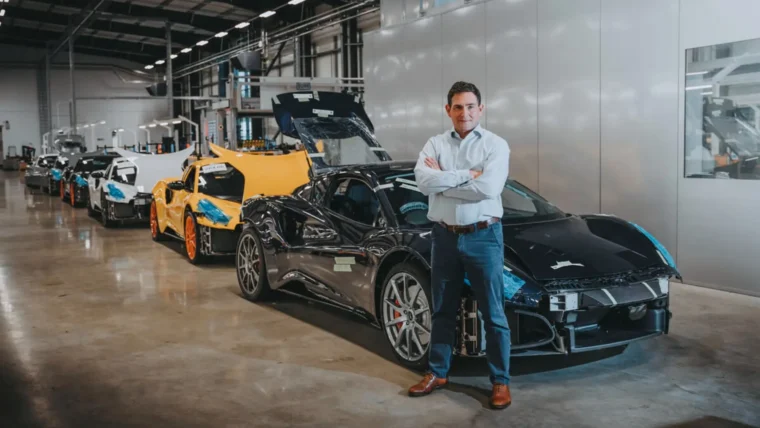Gymkhana TEN star Ken Block’s love affair with Ford pick-ups runs deep. He learned to drive in one, did his first burn-out in one and made a 1977 Ford F-150 the star of his latest video.
The “Hoonitruck” has the same twin-turbo 3.5-litre V6 EcoBoost engine as the Ford GT, tuned to deliver more than 900 horsepower, and the largest 3D metal-printed part for a working vehicle in automotive history.
The project was a global effort. Ford Performance engineers in the U.S. ran engine performance simulations and collaborated with a team of Ford research engineers based in Europe to design the part and conduct structural analysis. Working together with RWTH Aachen’s Digital Additive Production Institute, in Germany, the team built an intricate aluminium intake manifold that supplies air from the turbochargers to the engine’s cylinders.
https://youtu.be/6GsuRCGEZno
“We are fortunate to have access to incredible technology, but this was one project that pushed us – and our computing power – to the absolute limit. The manifold has a complex web‑like structure that couldn’t be made using traditional manufacturing methods. We ended up dissolving the support systems in acid,” said Raphael Koch, engineer, Advanced Materials and Processes, Ford of Europe.
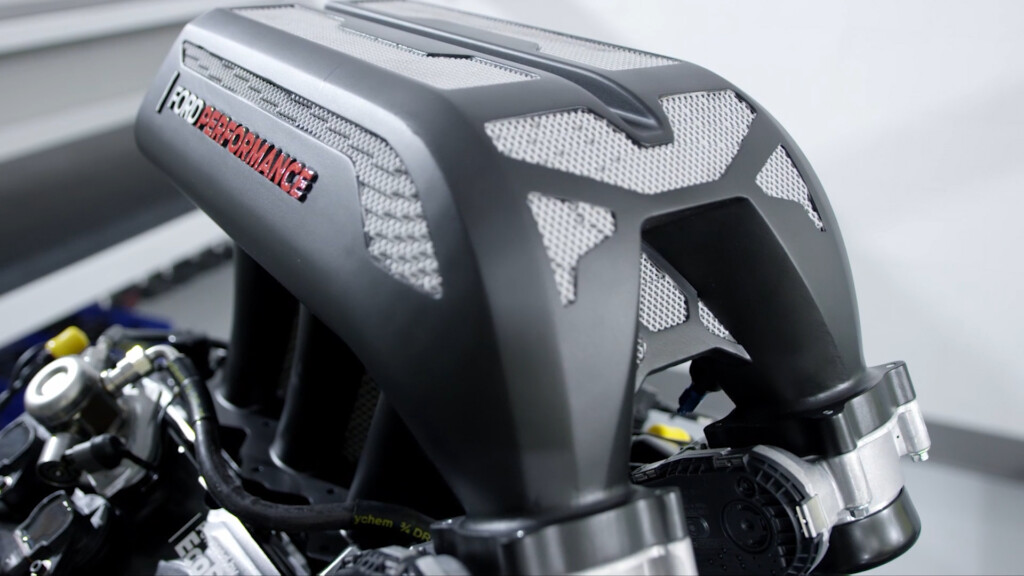
3D printing, or additive manufacturing, is a tool-less production method that offers design flexibility to help reduce weight and improve performance. The technology is usually used in the development of Ford vehicles to help test and refine different design approaches and to create tools more quickly and cost-effectively. For the manifold for the “Hoonitruck” – that weighs almost 6 kilogrammes – the whole build process took five days.
“I think Ford did an exceptional job. This is my favourite part of the ‘Hoonitruck’. You could not have made it any other way,” said Block.
Ford recently received awards from the Automotive Division of the Society of Plastics Engineers for 3D-printed parts that went into Ford Ranger and Mustang vehicles.
Other posts by Mark Leo



